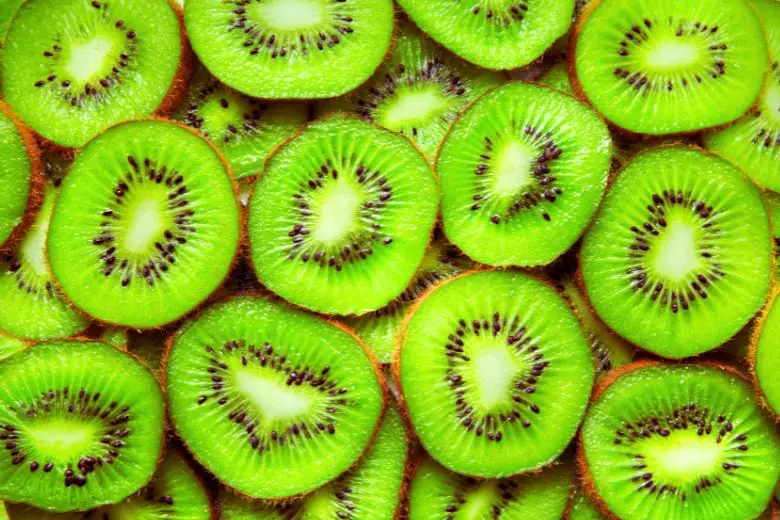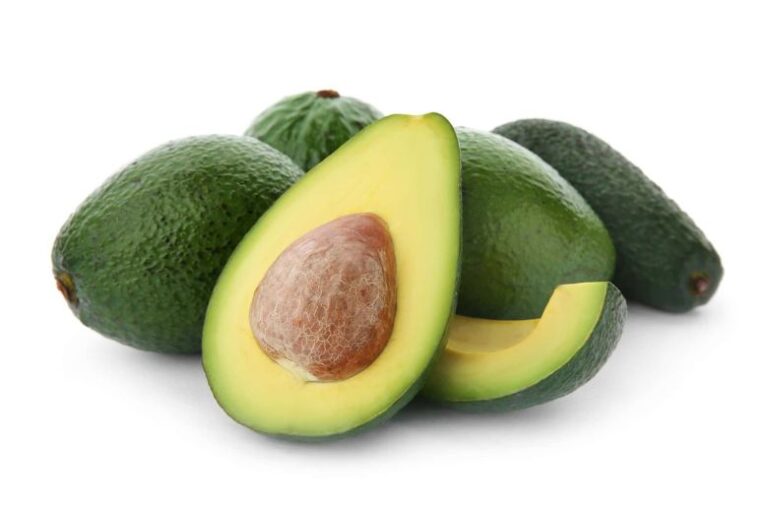Is Kiwi Fruit Good for Diabetic Patients?
Understanding Diabetes
Before diving into the specifics of kiwi fruit, it’s important to have a basic understanding of diabetes. Diabetes is a metabolic disorder characterized by elevated blood sugar levels. There are two main types of diabetes: type 1 and type 2. In type 1 diabetes, the body does not produce insulin, while in type 2 diabetes, the body either does not produce enough insulin or becomes resistant to its effects.
Nutritional Composition of Kiwi Fruit
Kiwi fruit, also known as Chinese gooseberry, is packed with essential nutrients. It is a low-calorie fruit that contains a good amount of vitamins, minerals, and dietary fiber. A medium-sized kiwi fruit (approximately 69 grams) provides the following nutrients:
- Calories: 41
- Carbohydrates: 10 grams
- Fiber: 2 grams
- Protein: 1 gram
- Fat: 0.4 grams
- Vitamin C: 64 milligrams (106% of the recommended daily intake)
- Vitamin K: 30 micrograms (37% of the recommended daily intake)
- Potassium: 215 milligrams
- Folate: 17 micrograms
Benefits of Kiwi Fruit for Diabetic Patients
Low Glycemic Index
The glycemic index (GI) is a measure of how quickly a food raises blood sugar levels. Kiwi fruit has a low glycemic index, which means it causes a slower and more gradual increase in blood glucose compared to high GI foods. This is beneficial for diabetic patients as it helps prevent sudden spikes in blood sugar levels.
High Fiber Content
Fiber is an essential component of a diabetic-friendly diet. Kiwi fruit contains a good amount of dietary fiber, which aids in digestion, promotes satiety, and helps regulate blood sugar levels. The fiber content in kiwi fruit can slow down the absorption of sugars, preventing rapid blood sugar spikes.
Rich in Antioxidants
Kiwi fruit is a rich source of antioxidants, including vitamin C, vitamin E, and polyphenols. Antioxidants help combat oxidative stress and inflammation in the body, which are often associated with diabetes and its complications.
Vitamin C Boost
Diabetic patients may benefit from consuming kiwi fruit due to its high vitamin C content. Vitamin C has been shown to improve insulin sensitivity and support overall immune function.
Heart Health Support
Diabetes increases the risk of cardiovascular disease. Kiwi fruit contains heart-healthy nutrients such as potassium, which helps maintain blood pressure levels within a healthy range. The fiber content in kiwi fruit also contributes to heart health by promoting healthy cholesterol levels.
How to Incorporate Kiwi Fruit in a Diabetic Diet
Here are some tips on how to incorporate kiwi fruit into a diabetic diet:
- Moderation is key: While kiwi fruit offers numerous health benefits, it is important to consume it in moderation as part of a balanced diet.
- Pair it with protein: When consuming kiwi fruit, consider pairing it with a protein source such as Greek yogurt or nuts to further balance blood sugar levels.
- Be mindful of portion sizes: Keep portion sizes in check to avoid excessive carbohydrate intake.
- Include it in salads and smoothies: Kiwi fruit can be a refreshing addition to salads and smoothies, providing both taste and nutrition.
- Consult a dietitian: If you have diabetes, it’s always advisable to consult a registered dietitian who can guide you on portion sizes and meal planning.
Precautions and Considerations
While kiwi fruit can be beneficial for diabetic patients, there are a few precautions to keep in mind:
- Allergies: Some individuals may be allergic to kiwi fruit. If you experience any allergic reactions, such as itching, swelling, or difficulty breathing, seek medical attention immediately.
- Interactions with medication: If you are taking any medication for diabetes or other health conditions, it’s important to discuss with your healthcare provider before significantly increasing your kiwi fruit consumption.
- Individual variations: Every person’s response to food can vary. Monitor your blood sugar levels after consuming kiwi fruit to ensure it fits well within your personal dietary needs.
Conclusion
In conclusion, kiwi fruit can be a healthy addition to a diabetic diet. Its low glycemic index, high fiber content, and rich nutritional profile make it a favorable choice for managing blood sugar levels. However, it’s important to consume kiwi fruit in moderation, consider individual dietary needs, and consult with a healthcare professional or registered dietitian to ensure it aligns with your specific health conditions.
FAQs
1. Can diabetics eat kiwi fruit? Yes, diabetics can eat kiwi fruit in moderation as part of a balanced diet. Its low glycemic index and high fiber content make it a suitable choice for managing blood sugar levels.
2. How many kiwi fruits can a diabetic consume in a day? The recommended portion size for kiwi fruit is typically one medium-sized fruit (approximately 69 grams). However, individual dietary needs may vary, so it’s advisable to consult with a healthcare professional or dietitian for personalized recommendations.
3. Does kiwi fruit increase blood sugar levels? Kiwi fruit has a low glycemic index and contains fiber, which can help regulate blood sugar levels. However, as with any food, portion control and moderation are key to preventing blood sugar spikes.
4. Are there any side effects of consuming kiwi fruit for diabetics? While kiwi fruit is generally safe for most people, some individuals may be allergic to it. If you experience any allergic reactions, such as itching, swelling, or difficulty breathing, seek medical attention immediately.
5. Can kiwi fruit help with weight management for diabetics? Kiwi fruit is low in calories and high in fiber, which can promote satiety and support weight management efforts. However, it’s important to consider overall calorie intake and maintain a balanced diet for effective weight management.







